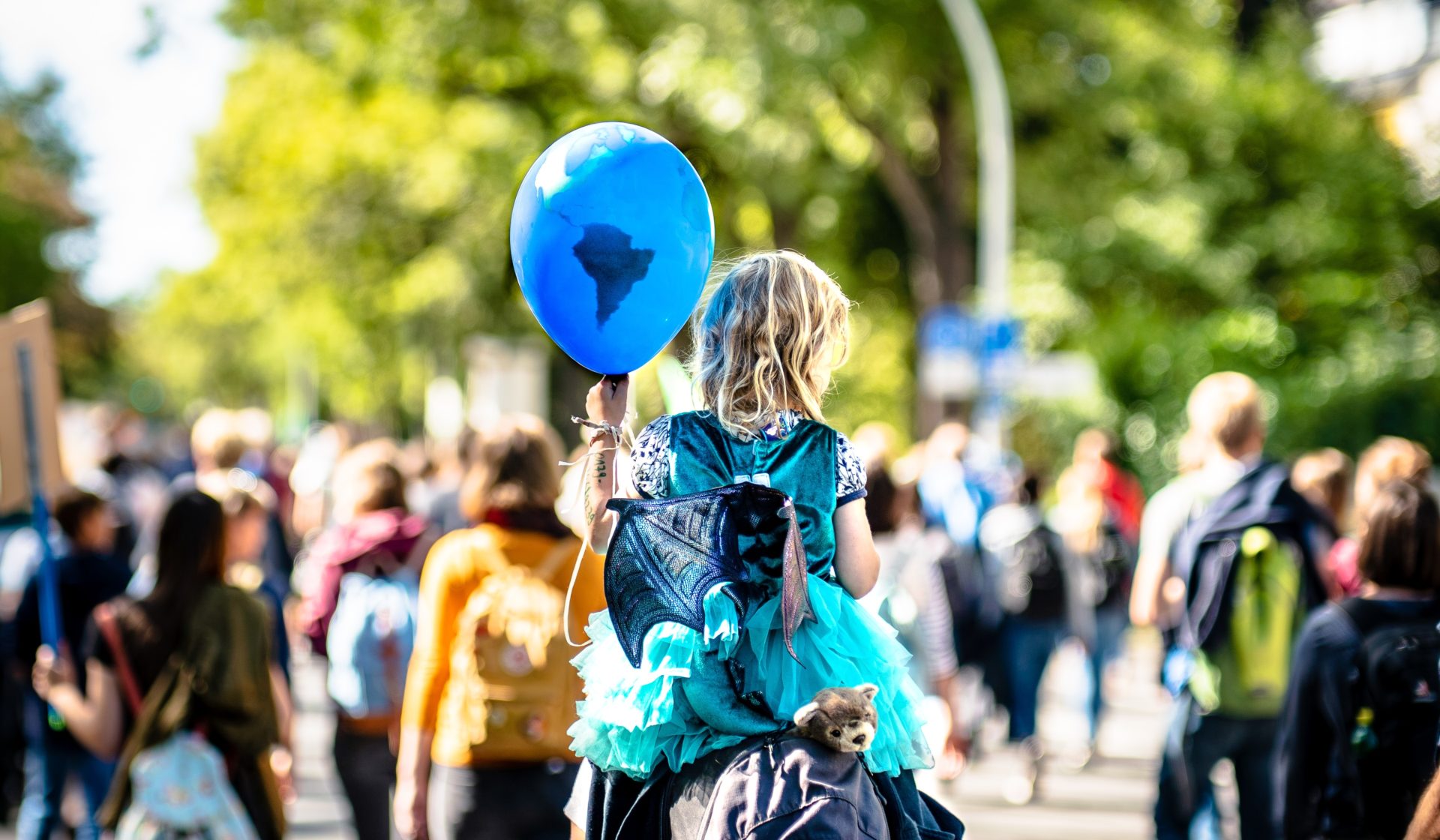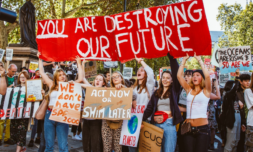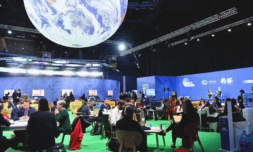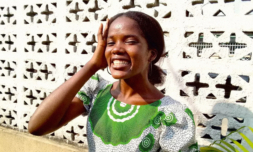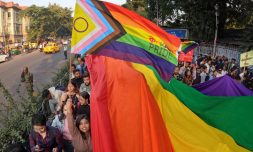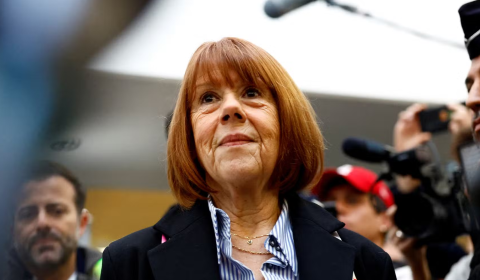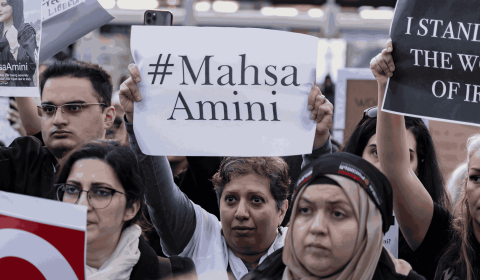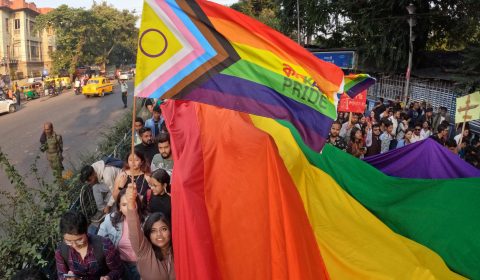Ensuring that the voices of young people and future generations are heard loud and clear is one of the key objectives of this year’s summit. But is this the case? We spoke to She4Earth’s founder Shelot Masithi and climate writer Peter Havers to find out.
As you’re likely aware, COP27 is being held in Africa this year. What you might not have known, however, is that 70% of Africa’s population is under the age of 30 and the continent is home to several vulnerable communities living on the frontlines of the climate crisis.
This, of course, makes the importance of listening to the voices of young people especially significant at this edition of the UN summit. Particularly because those inheriting the danger outlined by the IPCC’s latest report are youth, children, and those yet to be born.
As stated on the COP website, ensuring that youth and future generations are heard loud and clear is a key objective this time round. That’s why yesterday, they held a stand-alone day to ensure that young people’s perspectives are taken on board and reflected across all areas of the climate agenda. We went live with two pioneering voices in this sphere to find out whether or not this came to fruition.
The first, Shelot Masithi, an activist, Dais speaker for Force of Nature, and the Founding Executive Director of She4Earth, a youth-led non-profit organisation educating children and young people about climate change, biodiversity conservation, and indigenous knowledge systems.
The second, Peter Havers, a writer seeking to level out some of the doom and gloom that’s often ever-present in the climate conversation. He’s doing so by shifting the narrative around the crisis to focus more on the positive actions individuals and companies are taking to combat it in an effort to reduce the apathy many people feel and ultimately drive greater action. Earlier this month, he was listed as one of the top ten UK-based green voices on LinkedIn, for shining a spotlight on start-ups that are developing innovative solutions.
View this post on Instagram
Thred: It’s increasingly recognised that younger generations have an important role to play in climate change governance. However, while decision-makers around the world are increasing efforts to facilitate their participation, discontent prevails as young people feel tokenised and instrumentalised. How can we be giving them a seat at the table without youth washing?
Peter: For better or for worse, to be invited to the table, we have to have the permission of the older generation. We have to think in terms of ‘what are they likely to see us offering?’ We have to prove to them beyond any reasonable doubt that we deserve to be there, that we have incredible, helpful ideas that can move the conversation forward, that we’re not just there as young people.
Thred: The newly-announced Children and Youth Pavilion at Cop27 is providing young people with a dedicated platform to hold discussions and policy briefings. As exciting as this is, it still isolates young people and excludes them from the real decision-making spaces. What are your thoughts on this? A progressive means of amplifying youth voices without the barriers and obstacles they often meet at these official events or simply yet another example of youth washing that sets us back?
Peter: I have very mixed feelings about it. I’m very grateful that there are children and young people at COP right now, I think they’re doing incredible work, and I’m excited to see what comes of that. But on first impression, the concept of the pavilion doesn’t really sit right with me. I don’t think it’s fair.
It reminds me of being relegated to the kids table at a family gathering until you’re old enough to be seen as having reached the threshold of contributing meaningfully to the conversation.
Shelot: It’s great, but it’s the right thing at the wrong place. We should be demolishing the hierarchy that sees older generations making all the decisions. It’s not our house, we are being given a room in someone else’s house and that’s wrong. It’s important, yes, but the implementation is off. We don’t want to be in other people’s houses because we will always be restricted that way. What we want is not being given to us and we are tired of asking for permission to make our demands. It’s not like they’re not hearing us, they are simply not listening to us. The pavilion is a start, but it’s not enough.
Thred: I believe that this is representative of a wider issue, a microcosm of what’s happening everywhere at the moment. On the surface, these initiatives sound great, but they’re divisive. If young people are still being left out of the rooms in which they can have influence, how can they be guaranteeing that what’s being said is translating into tangible and impactful action?
Peter: We absolutely need to think about how we apply scrutiny and accountability to people at the very top of the food chain. Politicians, CEOs, and so on. We also need to be holding those in our networks accountable. Our friends, family, suppliers. This is a lot easier to do. There’s a huge potential impact there because every business is making decisions on a day to day basis. It has to be done in a very certain way. Now more than ever we need cohesion rather than alienation and fragmentation. We need to support people when they make climate positive decisions and praise them publicly before having a quiet word with those being climate negative. It’s ongoing.









